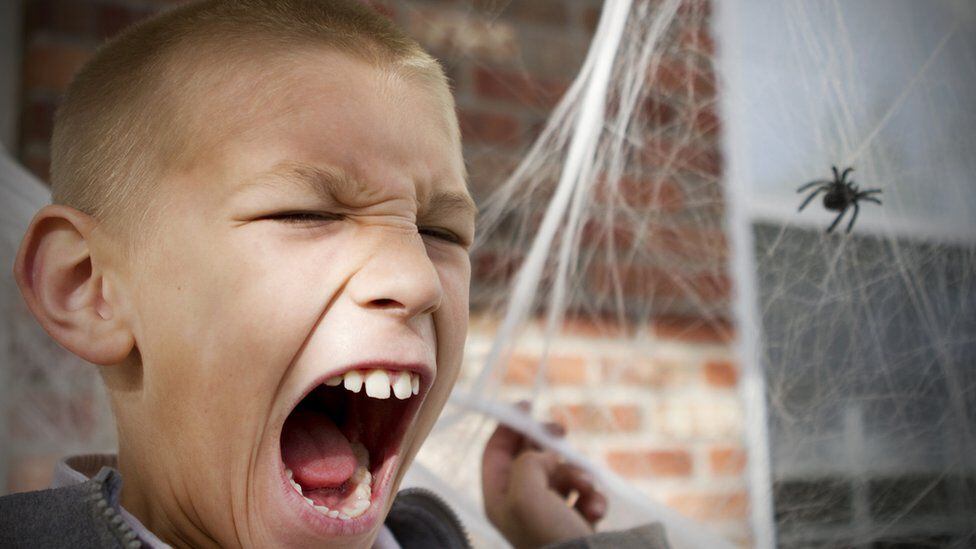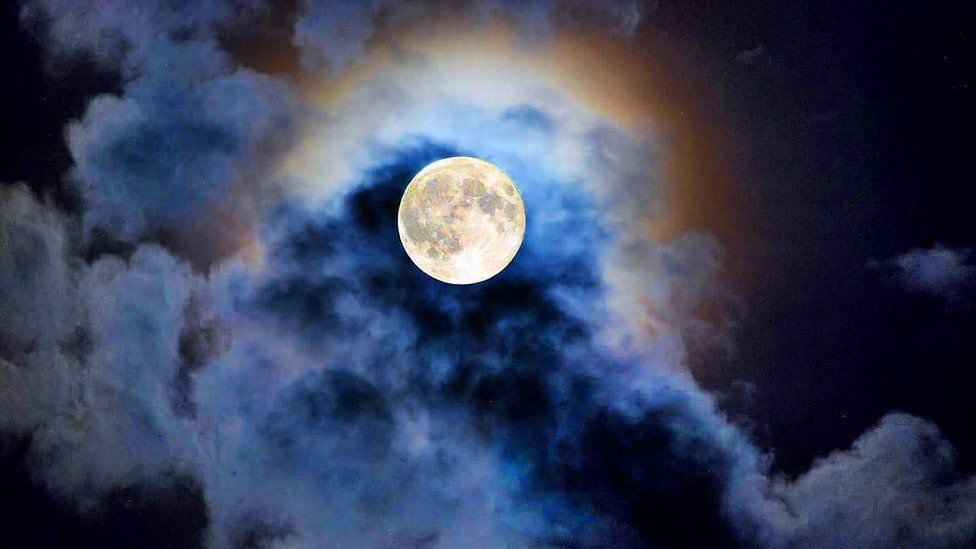Would it seem strange to you if I refused to travel on Sundays that fall on the 22nd of the month?
LOOK: López Obrador puts Mexico’s relations with Peru on “pause” and denies “interference”
What if I pressured my condo’s HOA to skip the 22nd floor, and go straight from 21st to 23rd?
It’s very unusual to be afraid of the number 22, so yes, it would be okay to see me as a little weird. But what if, only in my country, more than 40 million people shared the same aversion baseless?
That’s how many Americans admit they wouldn’t mind staying on a particular floor in high-rise hotels: 13.
According to the elevator company Otis Elevator Co., for every building with a floor numbered “13,” six other buildings claim not to have one, going directly to 14.
Many Westerners alter their behavior on Friday the 13th. Of course, bad things sometimes happen on that date, but there is no evidence that they do so disproportionately.
As a sociologist specializing in social psychology and group processes, I am not as interested in individual fears and obsessions. What fascinates me is when millions of people share the same misconception to the extent that it affects behavior on a large scale. Such is the power of 13.
Origins of superstition
The source of the bad reputation of the number 13 –“triskaidekaphobia”– is cloudy and speculative.
The historical explanation may be as simple as its casual juxtaposition with the lucky 12.
Joe Nickell investigates claims about paranormal events for the Committee for Skeptical Inquiry, a nonprofit organization that scientifically examines controversial and extraordinary claims.
He says that the 12 often represents “integrity”: the number of months of the year, the gods of Olympus, the signs of the zodiac and the apostles of Jesus. Thirteen contrasts with this sense of goodness and perfection.
The number 13 may be associated with some famous but undesirable dinner guests. In Norse mythology, the god Loki was the thirteenth to arrive at a party in Valhalla, where he cheated on another guest to kill the god Baldur.
In Christianity, Judas, the apostle who betrayed Jesus, was the thirteenth guest at the Last Supper.

But the truth is that sociocultural processes can associate bad luck with any number. When conditions are favourable, a rumor or a superstition generate their own social realitysnowballing like an urban legend as it rolls down the hill of time.
In Japan, the 9 is the unlucky number, probably because it sounds similar to the Japanese word for “suffering”. In Italy, it’s 17. In Chinese, 4 sounds like “death” and is more actively avoided in everyday life than 13 is in Western culture, including willingness to pay a higher fee to avoid it on cell phone number.
And while 666 is considered lucky in China, many Christians around the world associate it with an evil beast described in the biblical book of Revelation. There is even a word for an intense fear of 666: hexakosioihexekontahexaphobia.
Social and psychological explanations
There are many types of specific phobias, and people have them for a variety of psychological reasons. They can arise from direct negative experiences, for example fearing bees after being stung by one.
Other risk factors for developing a phobia include being very young, having family members with phobias, having a more sensitive personality, and being exposed to other people with phobias.

Part of the reputation of the 13 may be related to a feeling of ignorance or “sense of anomaly“, as it is called in the psychological literature. In everyday life, 13 is less common than 12. There is no month 13, 13 inch (33.02 cm) rule or 13 o’clock (on the hour).
By itself, a feeling of unknowing will not cause a phobia, but psychological research shows that we favor what is us. family and we disapprove of what is not. This makes it easier to associate 13 with negative attributes.
People may also assign dark attributes to 13 for the same reason many believe in “full moon effects.” Beliefs that the full moon influences mental health, crime rates, accidents, and other human calamities have been completely discredited.
Still, when people seek confirmation of their beliefs, they are prone to infer connections between unrelated factors.
For example, being in a car accident during a full moon, or on Friday the 13th, makes the event seem even more memorable and meaningful. Once fixed, it is very difficult to get rid of these beliefs.
like a meme
Then there are the powerful effects of social influences. It takes a town, or Twitter, to rally fears around a particular harmless number.

The emergence of any superstition in a social group – fear of the number 13, walking under stairs, not stepping into a crack, touching wood, etc. – is no different than the emergence of a “meme”.
Although the term now most often refers to images widely shared on the internet, it was first introduced by biologist Richard Dawkins to help describe how an idea, innovation, fad, or other information can spread among a population.
A meme, in its definition, is similar to a piece of genetic code– Reproduces itself as it communicates between people, with the potential to mutate into alternate versions of itself.
The meme 13 is a simple fact associated with bad luck. It resonates with people for the reasons mentioned above, and then it spreads throughout the culture. Once purchased, this pseudo-knowledge it gives believers a sense of control over the evils associated with it.
False beliefs, true consequences
Groups concerned with public relations seem to feel the need to bow to popular superstitions. Perhaps due to the almost tragic mission of the apollo 13NASA stopped numbering space shuttle missions sequentially and designated Shuttle Flight 13 STS-41-G.

In Belgium, complaints from superstitious passengers led Brussels Airlines to revamp its logo in 2006. It was a “b”-like image made of 13 dots. The airline added a 14. Like many other airlines, the numbering of the rows of his planes skips the 13.
Since superstitious beliefs are inherently false, they are likely to do both harm and good; consider health fraud, for example.
I’d like to believe that influential organizations, perhaps even elevator companies, would do better towarn the public about the dangers of holding onto false beliefs to continue legitimizing them.
*Barry Markovsky is emeritus professor of sociology at the University of South Carolina, United States.
*This article was originally published on The Conversation and is reproduced here under the Creative Commons license. Click here to read the original version (in English).
Source: Elcomercio
I am Jack Morton and I work in 24 News Recorder. I mostly cover world news and I have also authored 24 news recorder. I find this work highly interesting and it allows me to keep up with current events happening around the world.

:quality(75)/cloudfront-us-east-1.images.arcpublishing.com/elcomercio/MK5BRZ3HNNDXBCCLETXOFRWWXQ.jpg)

:quality(75)/cloudfront-us-east-1.images.arcpublishing.com/elcomercio/25PVV3OXHNH2LA2YK2LM6HBMR4.jpg)
:quality(75)/cloudfront-us-east-1.images.arcpublishing.com/elcomercio/APTPALIH7NFCXEBAOJN4MUJGK4.jpg)


